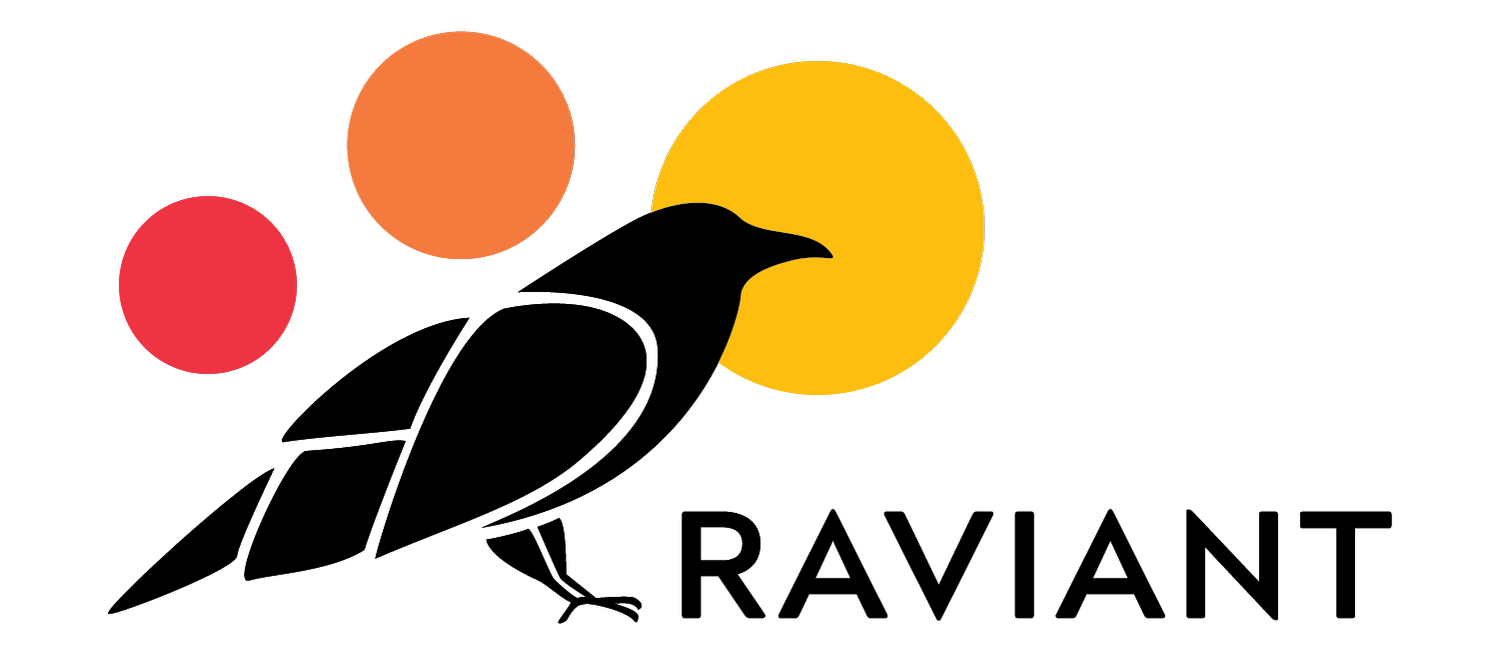At the core of the work we do lies reflection.
“Reflective practice is the work of reflecting on one's actions so as to engage in a process of continuous learning. It is the practice by which professionals become aware of their implicit knowledge base and learn from their experience.” – Donald Schön
We apply the practice of reflection to Leadership Coaching, Reflective Supervision & Consultation, Team Facilitation and Workshops.
“We cannot see our reflection in running water. It is only in still water that we can see.”
— Zen Proverb
Individual Coaching for Leadership and Well-Being
We offer coaching to formal and informal leaders, with the goals of increased well-being, personal transformation and greater impact. Focus areas include leadership development, implementation support (managing change) and well-being, stress and burnout.
The International Coaching Federation (ICF) defines coaching as partnering with clients in a thought-provoking and creative process that inspires them to maximize their personal and professional potential. The process of coaching often unlocks previously untapped sources of imagination, productivity and leadership.
Coaching focus areas:
Leadership development
Implementation and change management support
Compassion fatigue, burnout and well-being
-
Coach and client begin with a discovery phase to define the topic(s) the client wants to work on and to design their unique relationship to best support the client. They then shift into a working phase during which coach and client connect every 1-3 weeks, usually depending on the topic and general availability. When a client achieves their set goal(s), they either define a new topic or shift into completion. During this phase the coach and client intentionally complete their working relationship and tie up loose ends for mutual satisfaction.
For the coaching relationship as a whole, and for each session, the client is responsible for bringing or identifying the topic of work. The coach is responsible for holding the framework and process of coaching.
Individual coaching sessions typically last 45-60 min. Some clients prefer shorter sessions, some prefer longer. This tends to develop naturally in the interpersonal dynamic between coach and client.
Coaching relationships can last a few months or up to a year or more.
-
“To be honest, coaching was much more helpful than I expected. It helped me get focused on the areas of my work-life that I most wanted to change. Having someone to help me along, encourage me, help me think through ideas and give me feedback was much more valuable than I thought it would be.
I would recommend coaching for anyone wanting to improve an area of their life. Having someone on your side can make all the difference. I would especially recommend coaching for executives or those in leadership positions who are expected to have it all figured out. Coaching provides a confidential place to accept you don’t have all the answers (yet!) and where you can work towards finding them.”
———
“Coaching helped me think about and explore what was important to me (my value system) and what type of leader I am and where I need to develop. It helped me identify my leadership strengths and ask myself what it might feel like to work for me – to be on the receiving end of my expectations. It has helped me identify areas where I have a low tolerance and what matters most to me as a leader.”
———
“I’ve recommended coaching to my peers, and I’ve said that it has been a great opportunity to really delve deeper into who I am as a Leader. I’ve taken leadership courses and trainings, but this experience was more personal in nature. I was able to see my leadership skillset from multiple angles and receive insightful reflections of things that I shared. I also appreciated being asked to talk more about the decisions that I make when it comes to leading and talking through those decisions and the impact that they have on me and those around me.
I really feel like this experience has reshaped me as a Leader. I’ve seen improvements in not just my professional interactions and relationships, but even my personal ones too. Being more forgiving of myself has lifted a weight off of me that I didn’t even realize I was carrying. I am appreciative of the work that has been done and the time spent with Anders. I’m grateful and thankful.”
Reflective Supervision & Consultation
We offer reflective consultation to individuals and groups, as well as supervision for those getting established as reflective consultants themselves.
Reflective supervision & consultation is distinct [from clinical supervision] due to the shared exploration of the parallel process. That is, attention to all of the relationships is important, including the ones between practitioner and supervisor, between practitioner and parent, and between parent and infant/toddler. It is critical to understand how each of these relationships affects the others. Of additional importance, reflective supervision/consultation is related to professional and personal development within one’s discipline by attending to the emotional content of the work and how reactions to the content affect the work.
-
RS/C is ongoing professional development that involves regularly scheduled discussions between a trained supervisor or consultant and staff members, either individually or in groups. RS/C sessions, which last between 60-120 minutes, may be held in person or via video conferencing.
During these discussions, frontline workers in early childhood fields learn how to manage their emotional responses to their work with families. They also learn how to use those emotional responses, along with knowledge about child development and parent perspectives, to more effectively serve families.
- Center for Early Education and Development, University of Minnesota
-
“It’s been so great to process what happens at work (and at home too, but work weighs heavily quite often on my mind), and there was this one incident that I was just destroyed about that took place at one of my preschools. It was a heart-breaking incident. Erin helped me reflect on how I might be able to react next time, and see how I can make that into a discussion session with the teachers. We’ve also talked about my communication at work and at home, my family life and career… it’s been super helpful.
I hope you get in touch with Erin, as this work is absolutely hard, especially for those of us who care deeply.”
Team Facilitation
We offer team facilitation where we work with you and your team through a structured process to address a particular topic or problem, identify your objectives and develop a tailored plan based on your needs. The emphasis of facilitated work is on surfacing and developing your team’s own insight and ideas, drawing on subject matter experts to promote organizational learning along the way.
To help bring plans to fruition, we also offer coaching in support of organizational change efforts, which can be an effective support for managers or project leads.
In some cases, we work with our clients in a consultative approach to develop strategy and plans, drawing from implementation science and change management, program evaluation and development, and research design and analysis.
Workshops
We work with you to develop tailored workshops in the topic areas of well-being, stress, burnout and secondary traumatic stress, as informed both by current research and classical mindfulness traditions. We also address team development topics like boundaries and norms, managing change or communication and personality styles.
Examples:
2-hour workshop on the signs and symptoms of burnout and a framework for addressing burnout in the workplace, with experiential exercises for individual coping skills.
2-hour workshop on boundaries, triggers and communication styles, including small group discussion and sharing of personal style and expectations.
“Self-reflection is the school of wisdom.”
— Baltasar Gracian



